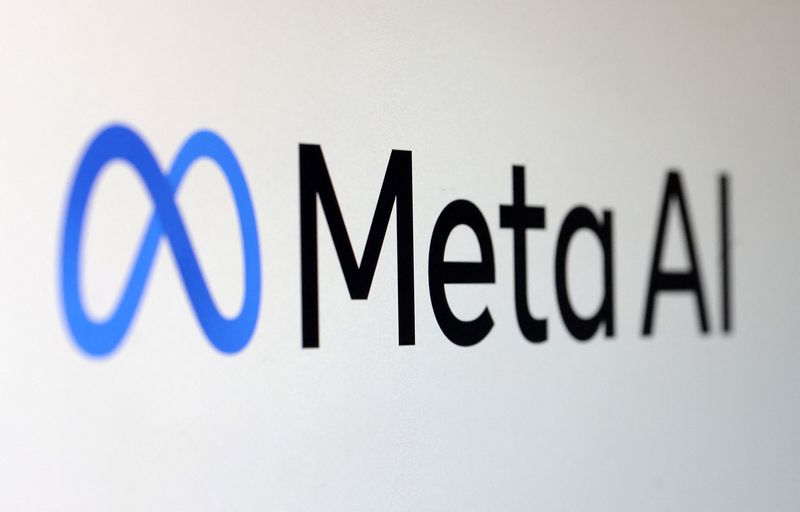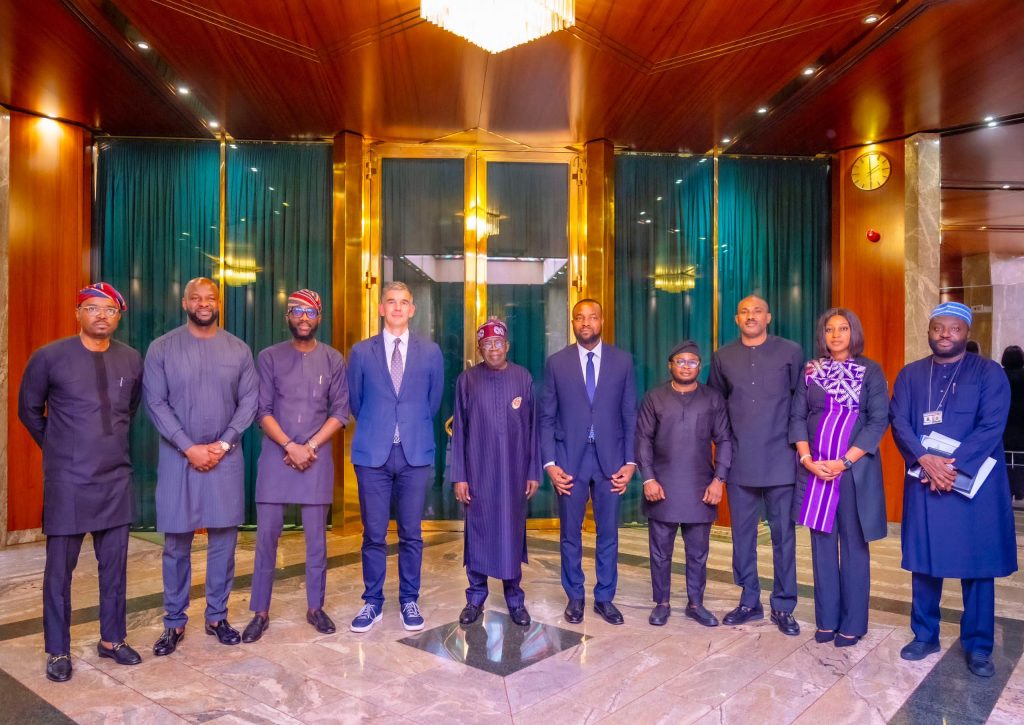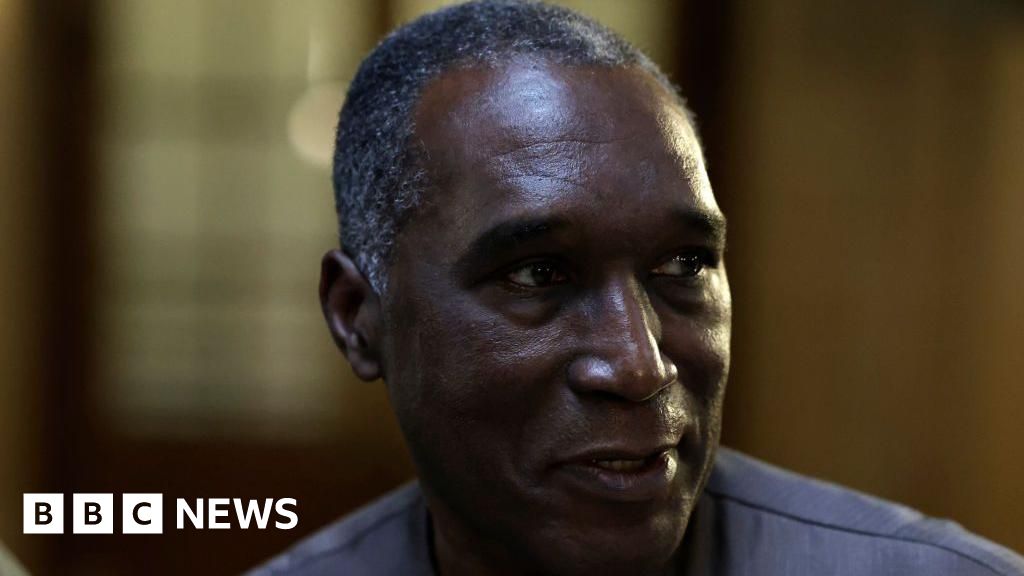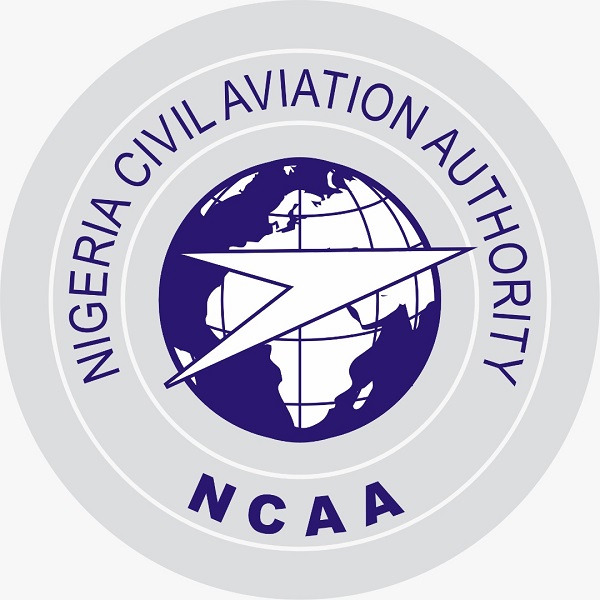Place your adverts here on InfoDig @ low rates; banner ads, sponsored links and guest articles etc. Contact us
The legal framework around online gambling in South Africa is again under scrutiny with the Democratic Alliance’s recent proposal of the Remote Gambling Bill (B11-2024). This bill aims to provide much-needed regulation in a largely restricted environment where only licensed online sports betting is currently allowed. The Remote Gambling Bill seeks to address key regulatory gaps, enhance player protections, and establish a well-defined structure for online gambling in South Africa. Here’s what South African players need to know about the current status of online gambling and the implications of this new bill.
Current Legal Status of Online Gambling in South Africa
South African law currently allows only licensed online sports betting. All other forms of online gambling, including casino-style games, are illegal under the National Gambling Act of 2004. This prohibition covers both local and international online casino operators, and any online casinos operating within the country’s borders are deemed unlawful. The National Gambling Board (NGB), in conjunction with provincial regulatory authorities, oversees online betting to ensure compliance and protect players from illegal operators.
Though online casino gambling remains illegal, South Africans still have access to a growing market of licensed online sports betting platforms. Despite the demand for a broader range of gambling options, legislative changes have been slow to materialize—until now, with the introduction of the Remote Gambling Bill by the Democratic Alliance.
The Proposal and Its Implications
On April 16, 2024, the Democratic Alliance introduced the Remote Gambling Bill (B11-2024), aiming to regulate and oversee remote gambling. The bill focuses on establishing a clear legal framework for online gambling, including a multi-tier licensing system and player protection measures. By providing structure to the online gambling sector, the Democratic Alliance hopes to address the absence of regulatory oversight, which has led to potential risks for unregulated players and created a market vulnerable to exploitation.
The Remote Gambling Bill outlines three specific types of licenses:
• Remote Gambling Operator License: For entities operating online gambling platforms.
• Manufacturer, Supplier, or Maintenance Provider License: For companies involved in producing and maintaining gambling software and equipment.
• Employment License: Required for individuals working within the online gambling sector.
Provincial authorities would issue these licenses, with the National Gambling Board overseeing the application process and ensuring regulatory compliance across the board.
Enforcement and Compliance
To ensure adherence, the bill includes provisions for the suspension or revocation of licenses for operators that violate terms. Operators also have the option to surrender or transfer their licenses under the oversight of the National Gambling Board. Although specific licensing fees and tax rates are not outlined in the bill, these aspects are expected to be addressed as part of the NGB’s regulatory duties.
Player Safety and Responsible Gambling
The Remote Gambling Bill places a strong emphasis on responsible gambling and player safety. Here are some key measures included in the bill:
• Age Restriction: Only individuals 18 and older can participate in online gambling activities.
• Self-Exclusion Options: Operators must offer players tools to set deposit limits and self-exclude from gambling activities.
• Ban on Credit-Based Gambling: The bill prohibits operators from offering credit to players to minimize the risk of gambling-related debt.
Advertising Regulations
The bill imposes rigorous advertising guidelines to prevent misleading promotional content. Operators are required to include responsible gambling messages in all advertising efforts, helping players make informed decisions about gambling participation.
Political Context and Bill’s Prospects
South Africa’s African National Congress (ANC) has held political dominance since the end of apartheid in 1994, often stalling bills proposed by opposition parties. However, with national and provincial elections approaching on May 29, political analysts predict a potential shift in the ANC’s control, as recent polls suggest the party could lose its majority. This political shift could increase the Democratic Alliance’s chances of advancing the Remote Gambling Bill, making it possible to bring much-needed regulation to South Africa’s online gambling sector.
What South African Players Need to Know
For South African players, the proposal of the Remote Gambling Bill may mean significant changes ahead. Here’s what players should keep in mind:
1. Currently, Stick to Licensed Sports Betting Sites: Until the bill is passed, South African players should limit online gambling to licensed sports betting sites to remain compliant with current laws.
2. Potential for Broader Legalization: If the Remote Gambling Bill passes, players may soon have access to regulated online casinos. The bill could provide players with a safer and more structured environment for online gambling activities.
3. Importance of Player Protection Tools: The bill’s inclusion of responsible gambling tools, such as self-exclusion and deposit limits, will help players gamble responsibly and avoid the risks associated with unregulated sites.
4. Stay Updated on Legal Developments: With the upcoming elections and potential legislative changes, players should stay informed about the status of the Remote Gambling Bill and any new regulations that may affect their online gaming experience.
Conclusion
The Democratic Alliance’s Remote Gambling Bill represents a critical step toward a regulated online gambling landscape in South Africa. By addressing existing gaps, providing a licensing structure, and emphasizing player protection, the bill has the potential to create a safer and more secure online gambling environment for South African players. As the country heads into a possible political shift, there is renewed hope for a modernized gambling industry that prioritizes both regulatory oversight and responsible player engagement.
Sources:
1. National Gambling Board of South Africa – National Gambling Act of 2004 and the NGB’s role in enforcing gambling laws.
2. Democratic Alliance Official Press Release – Remote Gambling Bill (B11-2024), including statements from party leaders and bill sponsors.
3. Parliament of South Africa Website – bill’s progress, and reference any legislative notes or amendments made to the bill.
4. Legal Sources and Industry Analysis – BusinessTech and TimesLIVE
5. Academic Journals on Gambling Legislation
If you use the quotes from this content, you legally agree to give www.brila.net the News credit as the source and a backlink to our story. Copyright 2024 Brila Media.














